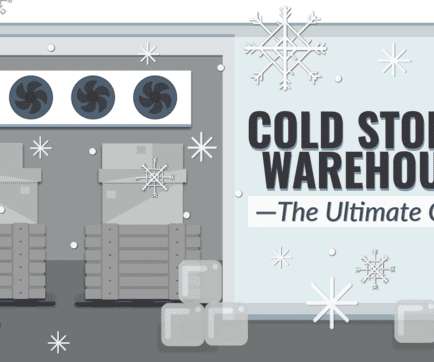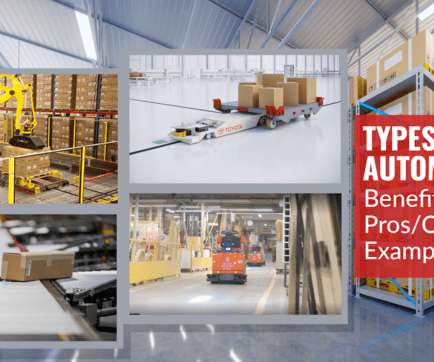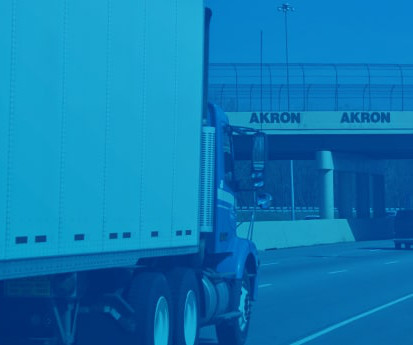Smart Supply Chains Adapt to Overcome COVID-19 Challenges
Logistics Bureau
MARCH 19, 2020
Almost 75 percent of US companies are experiencing capacity shortfalls in their supply chains, due to Coronavirus-linked transport disruptions , a new study has shown. The Food Industry. Indeed, the use of drones to deliver medical supplies and transport medical samples for analysis is fast gaining pace in the beleaguered country.














Let's personalize your content